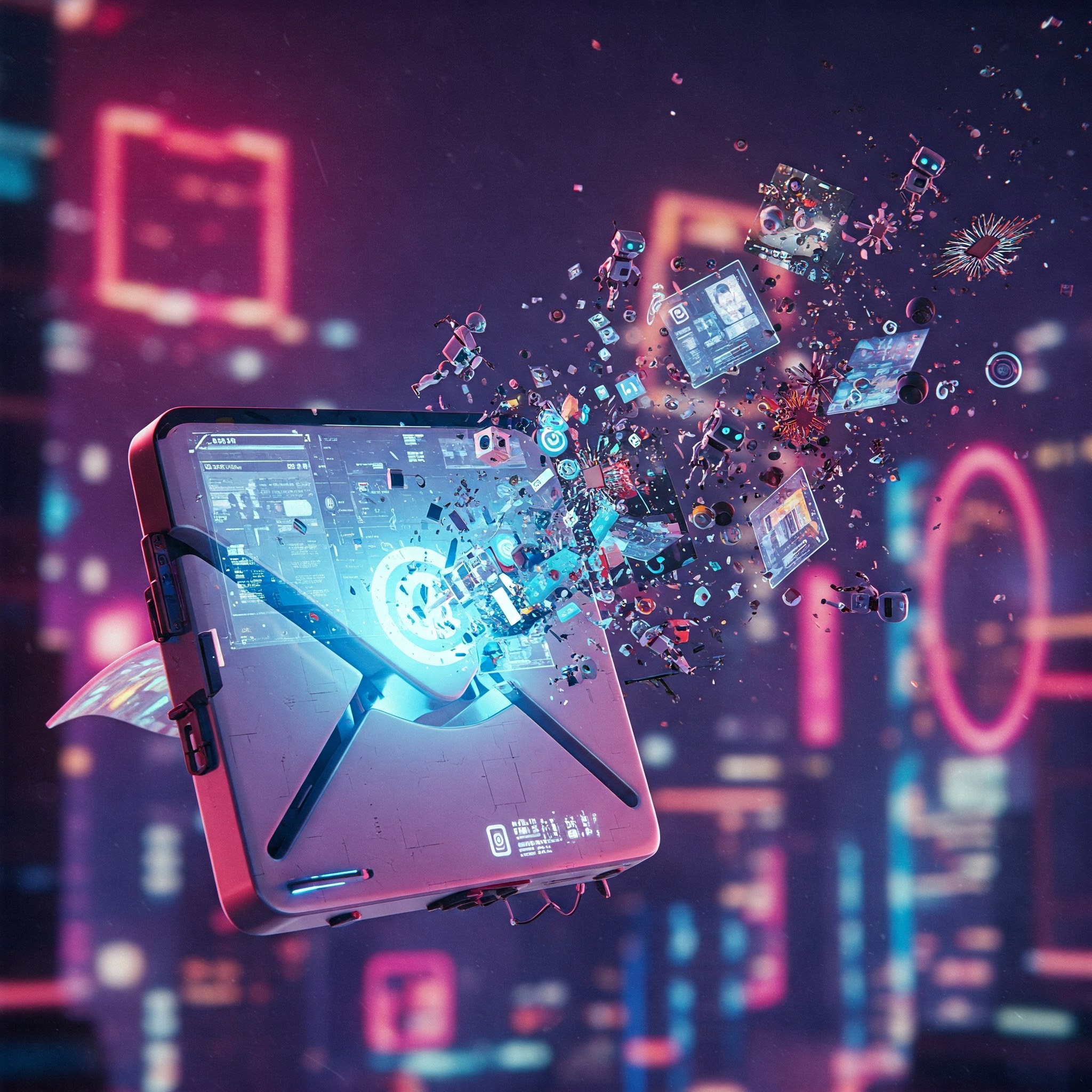Pete Docter, the guy currently steering the Pixar ship (alongside Andrew Stanton, but let’s be honest, headlines love a single name), recently shared his thoughts on a topic that’s got the entire creative world sweating: Artificial Intelligence. And, because obligations must be met, he also mentioned Toy Story 5.
In an interview that probably felt like walking a tightrope over a pit of binary code, Docter acknowledged AI’s potential to be a “game changer.” The money quote? He likens it to the revolution Pixar itself sparked with CGI back in the ’90s. Remember when everyone thought computers were just glorified typewriters? Good times.
Docter’s vision isn’t a Skynet-style takeover, at least not yet. He sees AI as a tool, powerful in the hands of artists and storytellers. A digital assistant, if you will, albeit one that requires careful supervision lest it decide your protagonist should wear Crocs for the entire film.
But here’s the kicker: Docter warns that AI tends to “sand the edges down,” creating the dreaded “blob average.” In other words, it can churn out competent, inoffensive content, but lacks the spark of genuine originality, the kind that makes you weep uncontrollably during a cartoon about sentient toys. AI can regurgitate, remix, and rehash, but it can’t, at least not yet, feel.
Disney CEO Bob Iger echoed similar sentiments, albeit with a more corporate tone. Efficiency gains! IP protection! Respect for creators! It’s the bingo card of executive talking points. He also admitted that AI is ‘already enabling our company to be more efficient’ which probably means some animators are getting replaced by algorithms. Iger’s caution is understandable, given the potential for AI to either revolutionize or obliterate the creative landscape. Or both, simultaneously. Companies like Disney are rightly cautious, which is a fancy way of saying terrified.
So, where does this leave us? Pixar, like everyone else, is cautiously optimistic. AI might help with the grunt work – animating crowds, generating backgrounds, writing dialogue for the lesser characters like Mr. Potato Head (sorry, Don Rickles). But the heart of Pixar – the storytelling, the emotional resonance, the ability to make grown adults cry over talking lamps – that’s still firmly in human hands. For now.
One can imagine a future where AI can truly emulate human emotion, craft narratives with nuance and depth, and even come up with original ideas. But until then, it’s a powerful tool, not a replacement. It can assist, enhance, and streamline the creative process, but the final artistic vision will always need that human touch. A polar bear drinking Coca-Cola? Sure, AI can generate that. But can it make you feel something about that bear? That’s the question.
And as for Toy Story 5? Let’s just hope they don’t let an AI write the script. Woody deserves better than the blob average.

